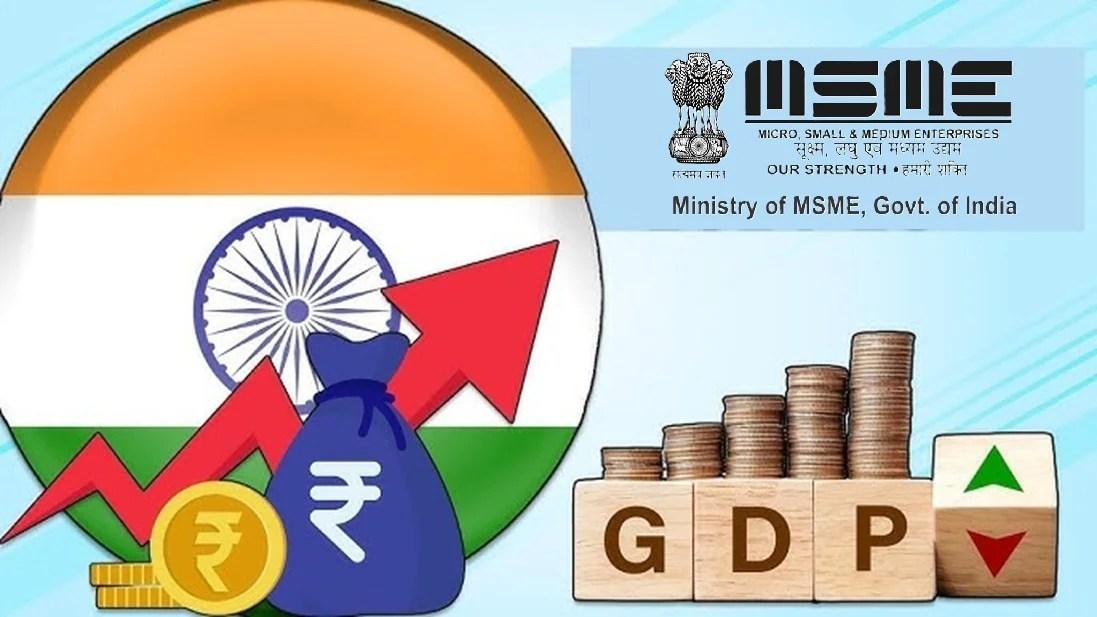The Indian government is finalizing a sweeping reform package for the MSME sector to reduce compliance costs, improve logistics, and foster innovation. With MSMEs contributing nearly 30% to GDP and employing over 110 million people, these reforms aim to unlock productivity, formalization, and competitiveness across India’s economic backbone.
In a significant policy development, the Indian government is preparing a comprehensive reform package aimed at revitalizing the Micro, Small, and Medium Enterprises (MSME) sector. As one of the largest contributors to India’s GDP and employment, MSMEs are central to the country’s economic fabric—but they continue to face persistent challenges such as regulatory overload, limited access to credit, and skill shortages.
Key Highlights:
-
Reform Scope: The package will focus on reducing compliance burdens, enhancing logistics efficiency, and strengthening innovation ecosystems within MSMEs.
-
Consultation Process: The Ministry of MSME has conducted cluster-level outreach workshops since mid-2024 to identify pain points and gather industry feedback.
-
Regulatory Overhaul: A high-level panel led by NITI Aayog has proposed 38 time-bound reforms, including simplified GST filings, expanded credit guarantees, and faster dispute resolution mechanisms.
Major Takeaways:
-
Economic Impact: MSMEs contribute 30% to India’s GDP and employ over 110 million people, making reforms critical for inclusive growth.
-
Ease of Doing Business: Proposed changes aim to create a trust-based regulatory framework, reducing friction for small enterprises.
-
Strategic Alignment: The reform drive aligns with Prime Minister Narendra Modi’s Independence Day call for a comprehensive overhaul of non-financial regulations.
These reforms are expected to catalyze formalization, boost productivity, and enhance global competitiveness for Indian MSMEs. By addressing long-standing bottlenecks, the government hopes to transform the sector into a more agile and innovation-driven contributor to India’s economic ambitions.
Sources: Business Standard, Moneycontrol.

